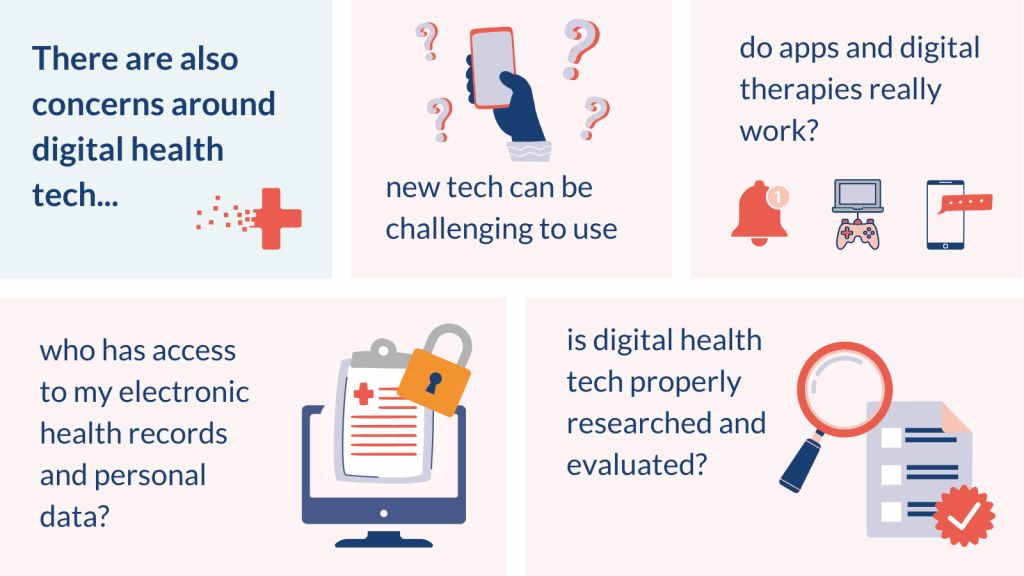In today’s busy world, parents often find themselves overwhelmed with the never-ending responsibilities of taking care of their family. From attending to the needs of their children to managing household chores, it’s easy for parental self-care to take a backseat. However, neglecting personal well-being can have detrimental effects on both parents and the overall family dynamic.
The Importance of Parental Self-Care
Parental self-care is not selfish; it is essential for maintaining a healthy and harmonious family environment. When parents prioritize their well-being, they are better equipped to handle daily challenges, engage with their children more positively, and serve as role models for healthy habits. It allows parents to recharge, reducing stress levels and improving overall mental and physical health.
Creating a Self-Care Routine
Establishing a self-care routine can ensure that parents intentionally set aside time to care for themselves amidst their busy schedules. Here are some effective strategies:
1. Time Blocking
Allocate specific time slots throughout the week for self-care activities. This could include exercise, pursuing hobbies, reading a book, or simply having quiet time for relaxation. By doing so, parents can ensure they have dedicated moments to focus on their personal well-being.
2. Seek Support
Reach out to family, friends, or even support groups to share parenting responsibilities. Having trustworthy individuals to rely on allows parents to take breaks and engage in self-care without guilt or worry. It also strengthens social connections, providing valuable emotional support.
3. Technology-Assisted Self-Care
There are numerous technology tools and apps designed specifically to aid parental self-care. From meditation and mindfulness apps to fitness trackers and meal planning tools, these innovations can simplify and enhance self-care practices in the digital age.
Prioritizing Mental Well-being
Parental self-care extends beyond physical health. Prioritizing mental well-being is equally important. Here are some strategies to promote a healthy mindset:
1. Practice Mindfulness
Mindfulness techniques, such as meditation or deep breathing exercises, can help parents manage stress, improve focus, and achieve better emotional balance. Integrating mindfulness into daily routines can have profound effects on mental well-being.
2. Establish Boundaries
Setting boundaries is crucial in maintaining a healthy work-life balance. Clearly define boundaries between work and family time, ensuring that personal time is protected. This helps prevent burnout and fosters a more fulfilling family life.
3. Seek Professional Help
If parents experience prolonged feelings of stress, anxiety, or depression, it’s important to seek professional support. Mental health professionals can provide guidance, therapeutic interventions, and coping strategies tailored to individual circumstances.
Conclusion
Parental self-care is vital for maintaining a healthy and balanced family life. By prioritizing their well-being, parents are better equipped to handle the challenges of parenthood while creating a positive and nurturing environment for their children. Through mindful practices, effective time management, and seeking necessary support, parents can strike a harmony between their family responsibilities and personal well-being, ultimately leading to a happier and healthier familial dynamic.




